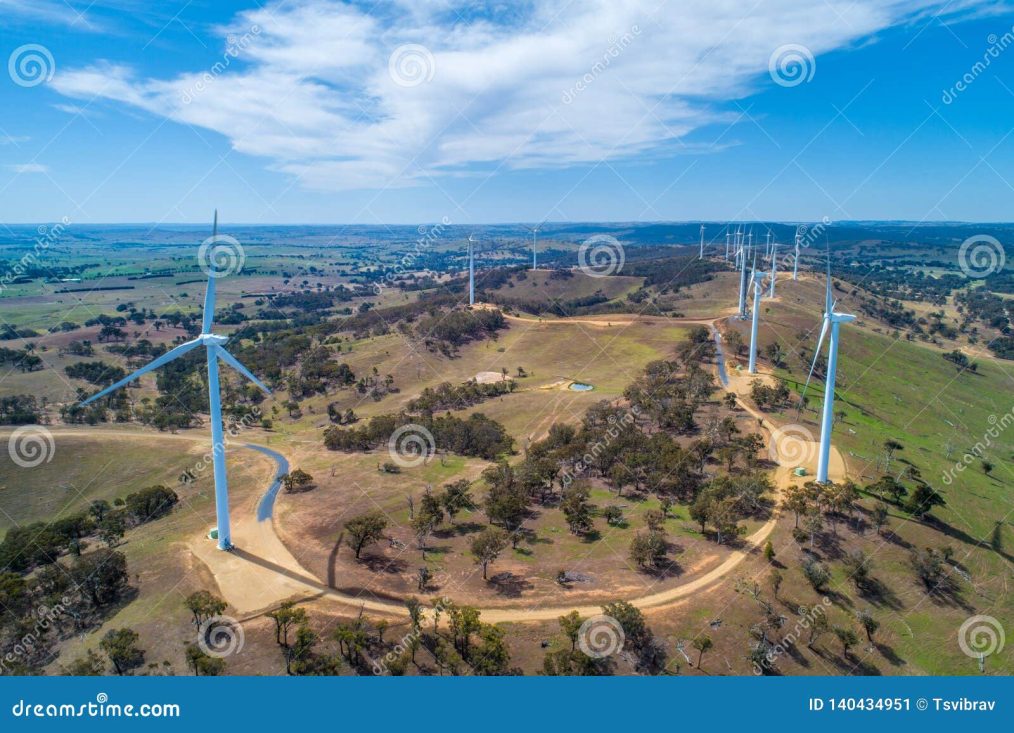
Peter Dutton’s Nuclear Proposal: A Game Changer in the Energy Market
Westmeyer Blog:
Peter Dutton’s recent announcement went beyond routine policy; it signalled a credible challenge to an industry cushioned by government support and subsidies. If renewable energy were genuinely the cheapest option and nuclear the most expensive, green energy advocates would have no reason to fear competition from nuclear power. However, the market’s response to Dutton’s intervention suggests otherwise, revealing investor scepticism towards the government’s narrative. In a competitive market, nuclear energy could outcompete renewables, much like coal did before subsidies and market rule changes favoured wind and solar.
Marilyne Crestias, CEO of the Clean Energy Investor Group, expressed concerns that this policy shift could deter future investments and cause current investors to reassess their positions. In relatively free markets like Australia’s, prices are not determined by ministerial decrees or scientific predictions but by mechanisms that allocate capital to its most productive uses. If nuclear power prospects are making financiers wary of renewables, it may be a sign that the market is correcting potential misallocations of investment.
The Clean Energy Investor Group, representing major renewable investors like Macquarie, Blackrock, Neoen, and Tilt Energy, is vested in maintaining the value of their $38 billion in clean energy assets. These assets are now politically vulnerable, prompting renewable energy investors to fund efforts to keep Labor in power. This powerful lobbying group underscores the challenge Dutton faces in making nuclear power an election-winning issue, despite growing public support and global evidence favouring nuclear energy.
Bad ideas persist when they are profitable, and the renewable energy sector’s influence on global politics has cemented the net-zero narrative. Most Western economies, including Australia, are not on track to meet their 2030 or 2050 climate commitments. A recent Fraser Institute report by Czech-Canadian scientist Vaclav Smil highlighted the monumental task ahead: replacing over 4 terawatts of electricity-generating capacity and converting almost 1.5 billion gasoline and diesel vehicles to electricity, among other massive infrastructural changes.
The unrealistic pace required to achieve these goals exposes the economic and scientific illiteracy of current policy directions. Smil criticizes the “post-factual world” where the net-zero fallacy thrives due to a lack of historical perspective and common sense. The backlash to Dutton’s nuclear announcement exemplifies this disconnect. Chris Bowen’s failure to present a solid argument against nuclear power leaves the debate tilted in Dutton’s favour.
In politics, winning elections often trumps long-term consequences. As economist Thomas Sowell noted, policies that please voters until election day can have disastrous long-term effects. The true test of Dutton’s policy is whether it introduces genuine market competition and offers a viable alternative to the current renewable-only approach. The strong reactions from the renewable energy sector suggest that Dutton may be on the right track.




The crowning indicator to the Truth of Nuclear versing Wind and Sun is the wagging tongs of Turnball and Keating. Both have come on board to fight for the most expensive system as their investments are tied up with the Sun and Wind.
Albo will be in his element with this competition. The man will be trotting out lies ten to the dozen, without stopping trying to save his job and reputation as the 3rd worst prime minister we have had. He hasn’t quite topped Silly Jilly, or Kev the Dud yet, but he is trying his best to top them both.